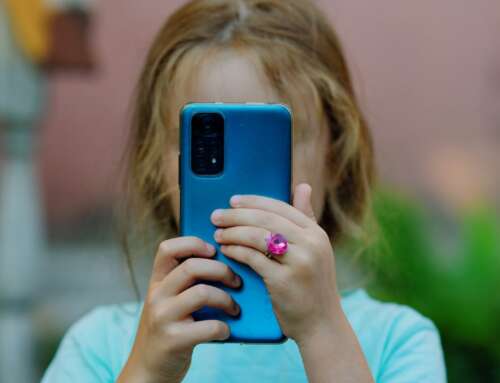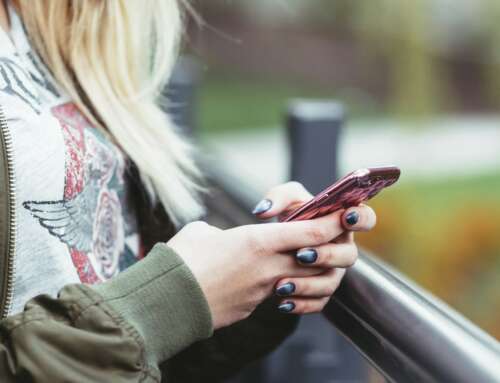There is research that demonstrates that most everything you do on a screen is correlated with unhappiness, Jean Twenge told me when I first asked her whether we’re raising digital monsters. Twenge, a professor of psychology and the author of the book, iGen, also noted the exact opposite to be true. Most everything you do off of a screen is correlated with happiness.
Think about that the next time you default to your phone to kill time. You may not feel compelled to change your behaviour just yet, but just being aware of these kind of tendencies can affect gradual change.
Apparently, much of the activities we engage in online – but social media in particular – incorporate the same biological reward pathways as the best activities that offline life has to offer, Twenge told me, citing the book, Irresistible: The Rise of Addictive Technology and the Business of Keeping Us Hooked, by Adam Alter. Think sex or food. Our brains, when tuned into social media, can make us feel just good.
I still need to sort out how and when it’s appropriate to introduce my 7-year-old stepson to these services. Facebook, showing its hand a little too obviously, would say now. The company’s recently released Messenger Kids app targets the under 13 crowd. We will be avoiding it. Yet the stepson already wants an Instagram account and can’t seem to get enough of playing with Snapchat’s face filters when allowed.
That’s where things get extra tricky.
“I just finished a massive research study on how social media is affecting our youth’s interpretation of beauty and self-esteem,” said Brian Solis, a principal analyst with technology research firm Altimeter Group. “It’s forcing young children to understand their place in the world (relative to their peers) and their net worth.”
Talk about setting them up for a life of disappointment.
– Jennifer Van Grove
Read more: Are We Raising Digital Monsters?
Image by Marvin Meyer from Unsplash







Leave A Comment